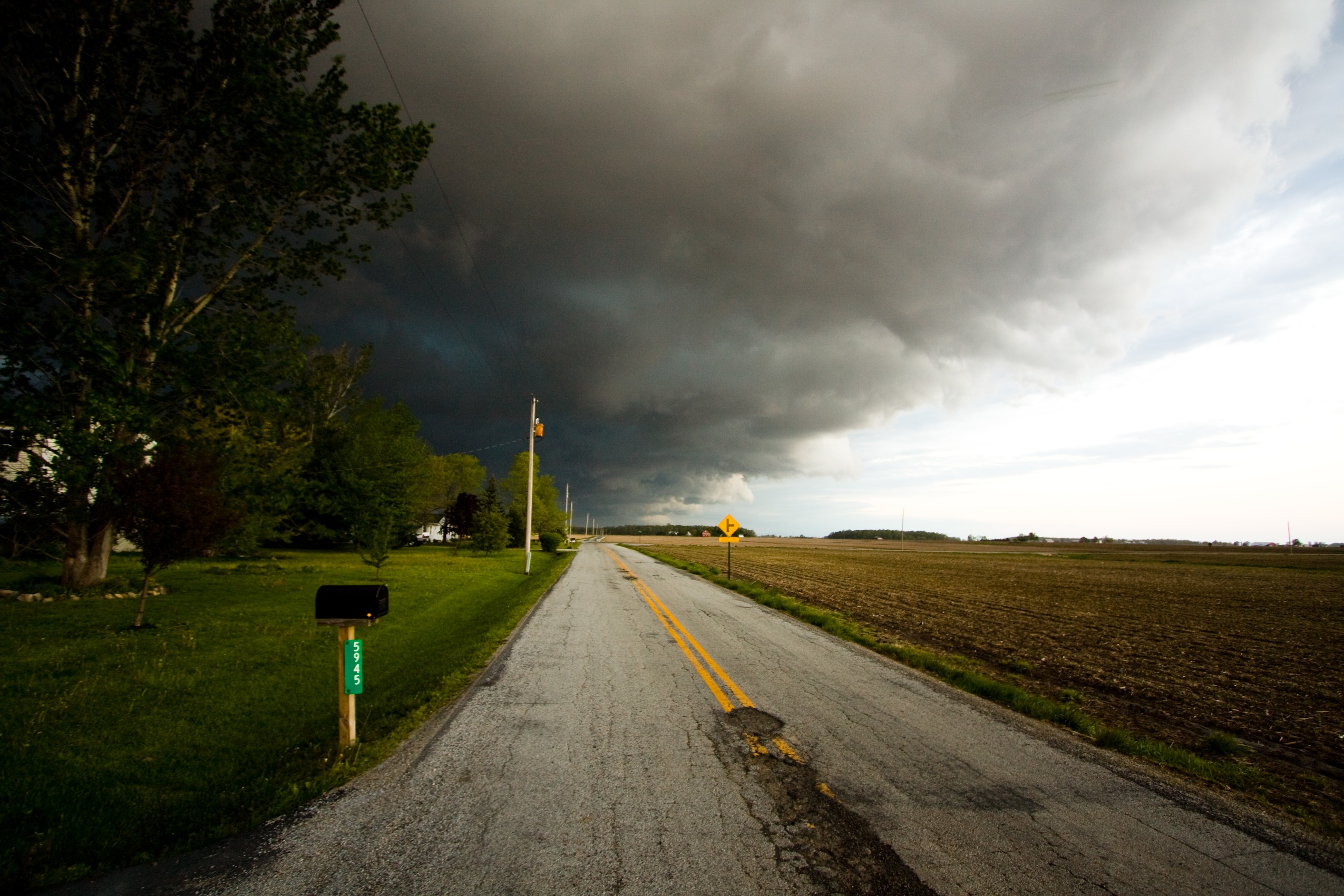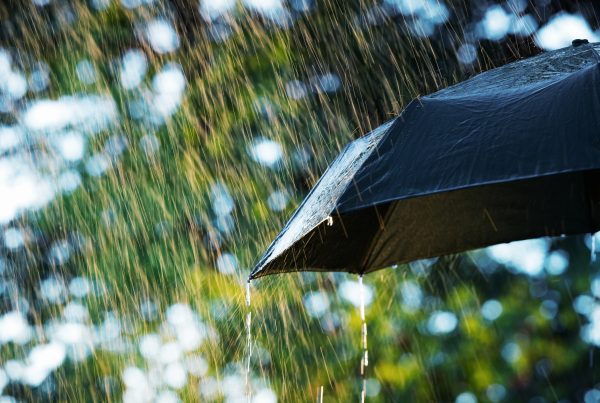For the latest updates on weather forecasts and severe weather warnings, visit the National Weather Service website for the Illinois region.
As the saying goes, “Prepare for the worst, hope for the best”—a mindset that’s especially important when facing severe weather. In the Midwest, we all know how unpredictable storms can be, bringing everything from powerful winds to heavy rainfall that can cause significant damage. However, with a little foresight and preparation, you can minimize risks and keep your home and vehicles safe. Here are some essential tips to help you stay storm-ready this season.
How to Storm-Proof Your Home
Your home is your biggest investment, and storm-proofing it before severe weather season can help prevent costly damage. One of the most important things to check is your roof. Since it serves as the first line of defense against wind and rain, any missing, cracked, or loose shingles should be replaced before storm season arrives. Weak or damaged shingles can easily be lifted by strong winds, allowing water to seep into your home. Inspecting and addressing any roof issues early can save you from major repairs later.
Outdoor furniture and decor should also be secured before a storm. Patio furniture, grills, and lawn decorations can turn into dangerous projectiles in high winds. Instead of waiting until the last minute, consider keeping lightweight items in a shed or garage when not in use. Heavier furniture should be pushed against the house or placed in a covered area. If storing items indoors isn’t an option, securing them with straps or weights can help prevent them from being blown away.
Trees can also pose a major risk during storms, especially if branches are hanging over your home, driveway, or power lines. Strong winds and heavy rain can cause weak or overgrown branches to snap, potentially leading to severe damage. Trimming these branches regularly can reduce the likelihood of storm-related destruction. If trees are close to power lines or your home, hiring a professional arborist may be a wise decision to ensure proper pruning and maintenance.
Keeping gutters and downspouts clear is another essential step in storm preparation. Clogged gutters can cause water to back up under the roofline or pool around the foundation, increasing the risk of leaks and flooding. Cleaning out leaves and debris before storm season, ensuring downspouts direct water away from the home, and installing gutter guards can all help prevent water damage.
How to Protect Your Vehicle During Storms
Storms don’t just threaten homes—they can also cause extensive damage to vehicles. Parking in a garage or covered area is the best way to protect your car from hail, falling branches, and flying debris. If you don’t have access to a garage, investing in a heavy-duty weather-resistant car cover can provide an extra layer of protection.
If covered parking isn’t an option, choosing the right parking spot can make a difference. Avoid parking under trees or power lines, as strong winds can easily bring them down, causing serious damage. When a storm is approaching, try to move your vehicle closer to a sturdy structure, which may provide some wind protection.
Be Prepared: Build a Basic Emergency Kit
Severe storms can knock out power, disrupt communication, and limit access to essentials. Having a well-stocked emergency kit can help keep you and your family safe until conditions improve. Keeping your emergency kit in an easily accessible location ensures you’re ready if severe weather strikes unexpectedly.
What to Do If You Experience Storm Damage
Even with the best preparation, storm damage can still happen. If your home or vehicle is affected, the first step is to document the damage with photos and videos. This will be helpful when filing a claim. If it’s safe to do so, make temporary repairs to prevent further damage, such as covering broken windows or securing roof leaks with a tarp.
After documenting and securing your property, contact our office as soon as possible to begin the claims process. Our team is here to guide you through every step and ensure you get the support needed to recover quickly.
Staying Informed: The Key to Severe Weather Preparedness
Storms can develop with little warning, making it essential to stay informed. Setting up weather alerts on your phone and monitoring local forecasts can give you valuable time to prepare. The National Weather Service is a trusted source for real-time weather updates and severe weather alerts, helping you stay informed about incoming conditions.
Prepare Today to Stay Safe Tomorrow
Spring storms in the Midwest can be unpredictable, but taking action now can help protect your home, vehicle, and loved ones. By securing your property, preparing an emergency kit, and staying informed, you can reduce the risk of storm-related damage and navigate severe weather with confidence.
If you have questions about your home or auto insurance coverage, contact Compass Insurance today. We’re here to help you stay protected before, during, and after the storm.









